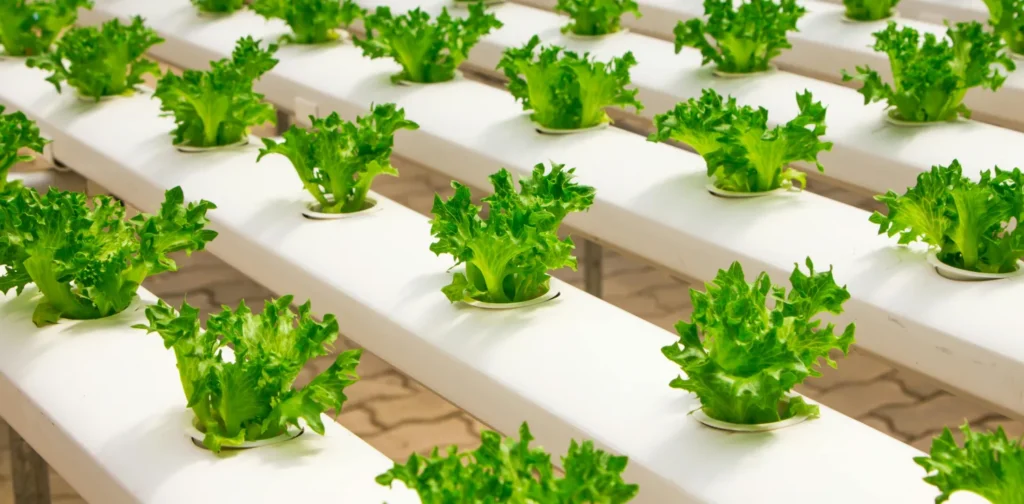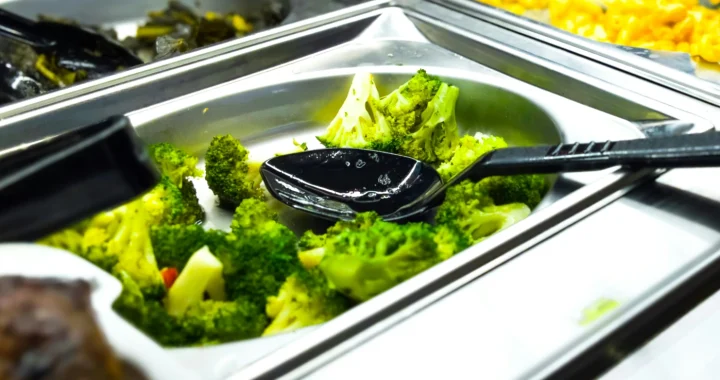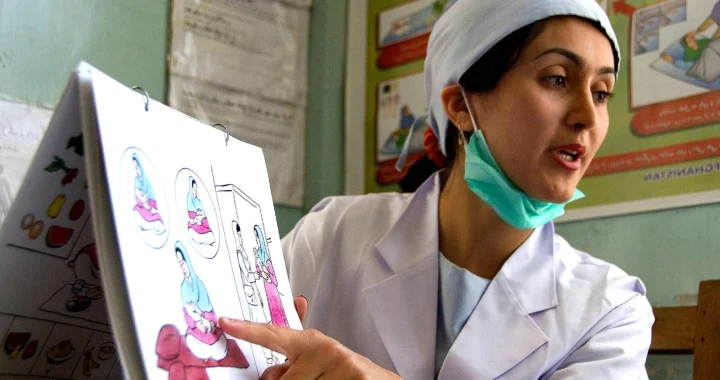How Plant the Emirates Aims to Support Food Self-Sufficiency in the UAE

Photo: Jatuphon Buraphon on Pexels
Food insecurity is a persistent—rising, even—issue globally. Countries have been implementing various measures to strengthen their food security, such as through food imports. The United Arab Emirates (UAE) is among the countries still heavily reliant on imports, but global uncertainties put a pressure on this vulnerability. This situation prompted the launch of Plant the Emirates, a national program aimed at strengthening food self-sufficiency through technology and innovation.
Import Dependency in the UAE
For years, the UAE has relied on food imports to meet its domestic needs, importing approximately 90% of its food. This reliance is largely driven by its arid geography, extremely low rainfall, and limited fertile land and water resources.
Excessive dependence on international markets has made the UAE’s food security highly susceptible to global uncertainties. When the COVID-19 pandemic disrupted global supply chains, around 22% of households in the country experienced moderate to severe food insecurity. In response, the government began reassessing its food system and saw the urgent need to build a more self-reliant and sustainable model.
Plant the Emirates
Launched in October 2024, Plant the Emirates is a national program aimed at strengthening local food production, promoting agricultural technology development, and fostering a culture of planting across all levels of society. Within five years, the program targets a 20% increase in local agricultural production, a 25% growth in organic farming, and climate-smart solutions adopted by 30% of farms. Reducing agricultural waste and increasing local produce usage are also included in the program’s goals.
One of the key components of Plant the Emirates is the establishment of a National Agriculture Center, which aims to provide technical support to farmers, foster public-private partnerships, and promote the consumption of locally grown products.
The UAE government has also launched various training programs for farmers, focusing on the use of modern agricultural technologies, pest management, and improved coordination with ministries and local authorities. These efforts seek to enhance farmers’ capacity to address both climate-related challenges and reduce the country’s reliance on food imports.
Furthermore, Plant the Emirates also explores the vertical farming approach, which grows crops in vertically stacked layers within controlled indoor environments. This method is seen as suitable for the UAE’s arid desert climate while also helping reduce land and water usage.
Collaboration for Food Self-Sufficiency
Strengthening food security is especially crucial amid climate change and global uncertainty. Building food self-sufficiency within the country is one of the ways to bolster not only food security, but also the local economy as farmers’ skills develop. After all, food self-sufficiency is not just an ideal but a long-term vision that can be achieved through collaboration and the active involvement of all stakeholders.
Editor: Nazalea Kusuma & Kresentia Madina


 Systemic Shift to Enable Healthy School Food Environments
Systemic Shift to Enable Healthy School Food Environments  Looking into the Global Midwife Shortage
Looking into the Global Midwife Shortage  Reframing Governance in the Era of Water Bankruptcy
Reframing Governance in the Era of Water Bankruptcy  Strengthening Resilience amid Growing Dependence on Space Infrastructure
Strengthening Resilience amid Growing Dependence on Space Infrastructure  Indian Gig Workers Push Back Against 10-Minute Delivery Service Strain
Indian Gig Workers Push Back Against 10-Minute Delivery Service Strain  Call for Governance: Grassroots Initiatives Look to Scale Efforts to Conserve Depleting Groundwater
Call for Governance: Grassroots Initiatives Look to Scale Efforts to Conserve Depleting Groundwater